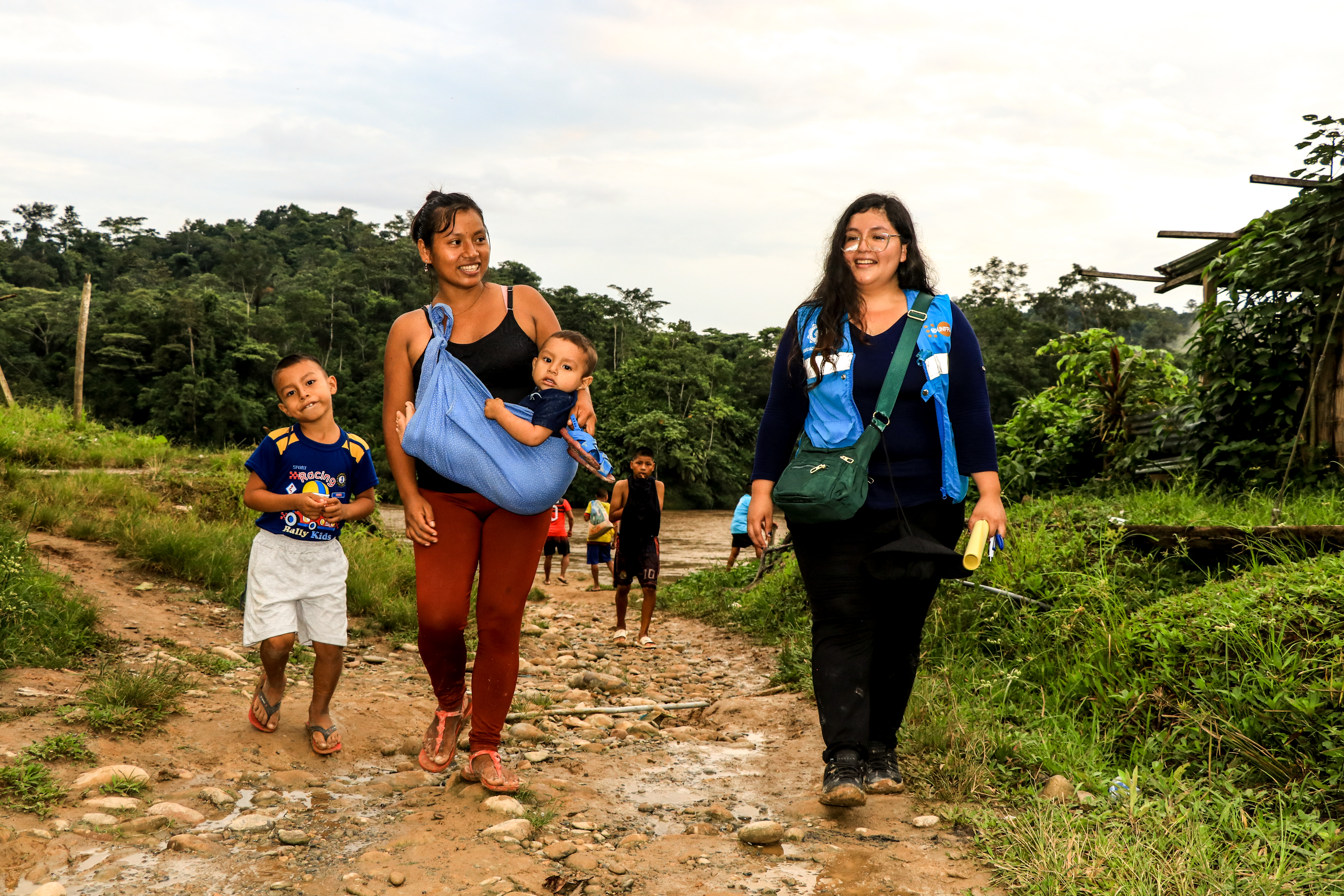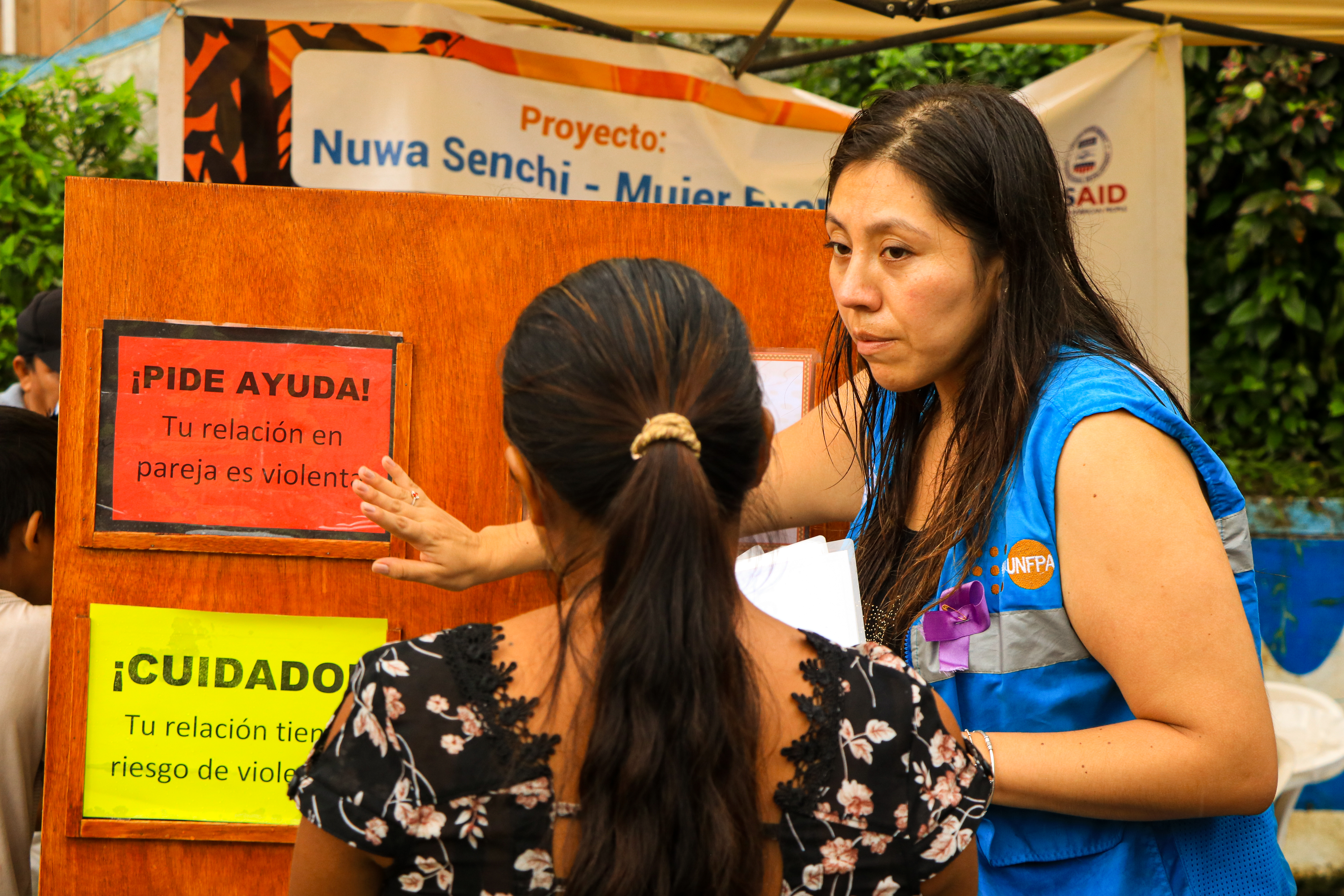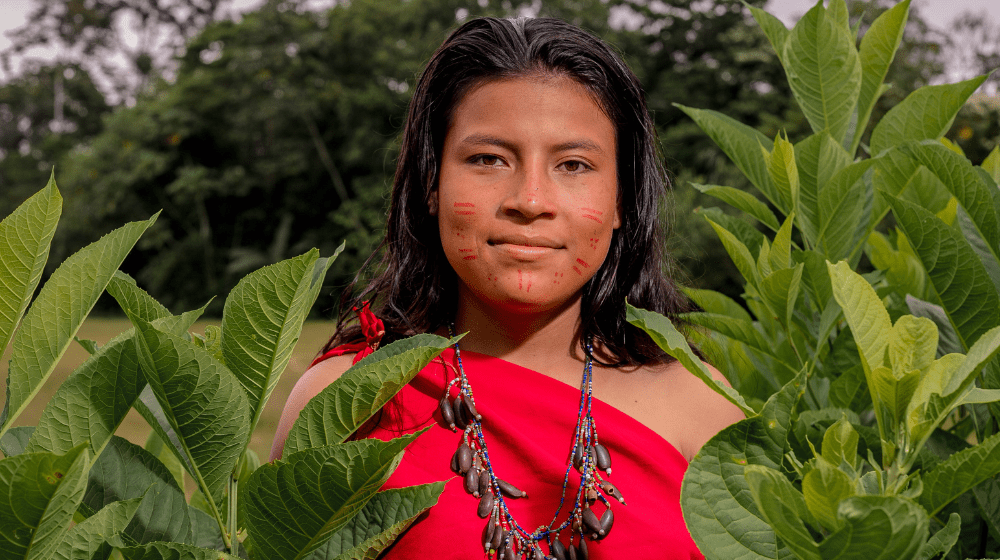Indigenous communities around the world are united by many things: a commitment to cultural traditions, ancestral knowledge, and a deep connection to their environment. Unfortunately, they are also united by a history of exclusion from health systems.
The ancestral practices of Indigenous peoples, such as sustainable land management and climate adaptation measures, have proven to be fundamental in addressing social challenges. However, widespread inequality has left Indigenous peoples among the most marginalized, according to the UNFPA's 2024 State of World Population report, increasing their vulnerability to maternal mortality, violence, and lower life expectancy.
At the same time, the knowledge, skills, and health practices of Indigenous communities are often dismissed, depriving them of the opportunity to create solutions to the problems that affect them.
For Indigenous women and girls, in particular, structural issues in health systems often undermine their right to bodily autonomy and endanger their lives. Indigenous women and girls struggle to access sexual and reproductive health care due to poverty, geographic isolation, discrimination, and mistreatment, among other factors.
They are less likely to benefit from prenatal care or to give birth with a skilled birth attendant, and more likely to give birth during adolescence and die during pregnancy or childbirth, according to UNFPA research. Additionally, their traditional birthing practices are often denied and may even be criminalized, leaving them without access to culturally sensitive care.

The Nuwa Senchi project promotes culturally adapted awareness strategies to disseminate preventive and supportive messages, highlighting the importance of accessing appropriate services.
As we commemorate the International Day of the World's Indigenous Peoples, we must urgently address the widespread inequality across the planet. This requires confronting the legacies of colonialism, slavery, and gender inequity, as well as gathering data and listening to Indigenous leaders, activists, and innovators who best understand the needs of their communities. Globally, there is little data on the health of Indigenous peoples, making their situation largely invisible.
"For humanity to progress, people must be counted, wherever they are and whoever they are, in all their diversity," said UNFPA Executive Director Dr. Natalia Kanem. "To end inequality, find and foster peace and prosperity, weave more threads of hope, the world needs to do more for inclusion."
Our Response in Peru
UNFPA collaborates with Indigenous organizations to support full and equal access to sexual and reproductive health and rights and freedom from violence for Indigenous women and girls.
In the provinces of Condorcanqui and Bagua, the Nuwa Senchi Project, driven by UNFPA and USAID, in partnership with Kallpa, stands out in the fight against gender-based violence, responding to the concerning reality in which more than 51.3% of women in Amazonas have experienced violence from their partner.
Through the distribution of 210 Dignity Kits, the project has reinforced dignity and self-care among women and adolescents, providing not only hygiene items but also vital information about rights and available resources.



